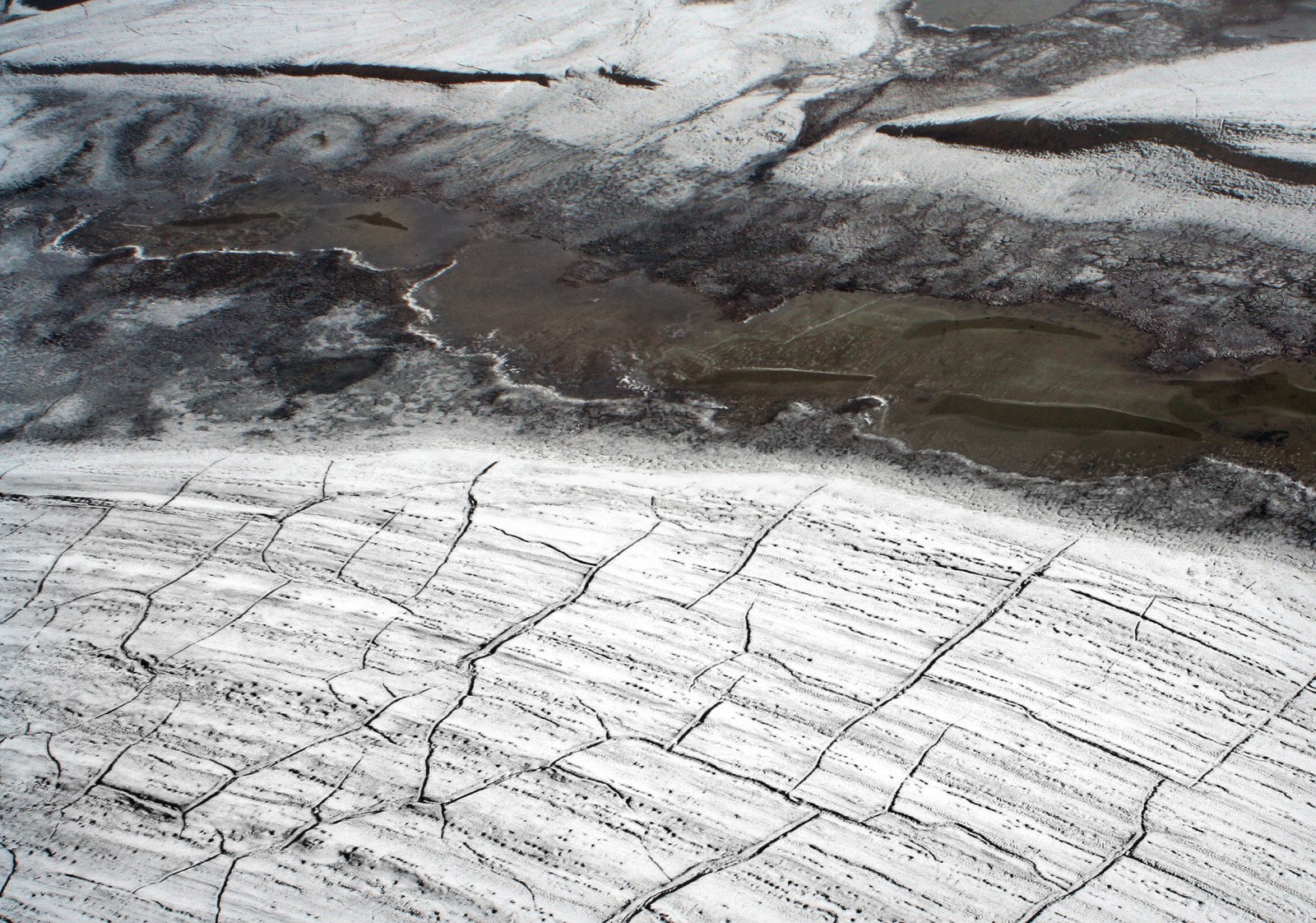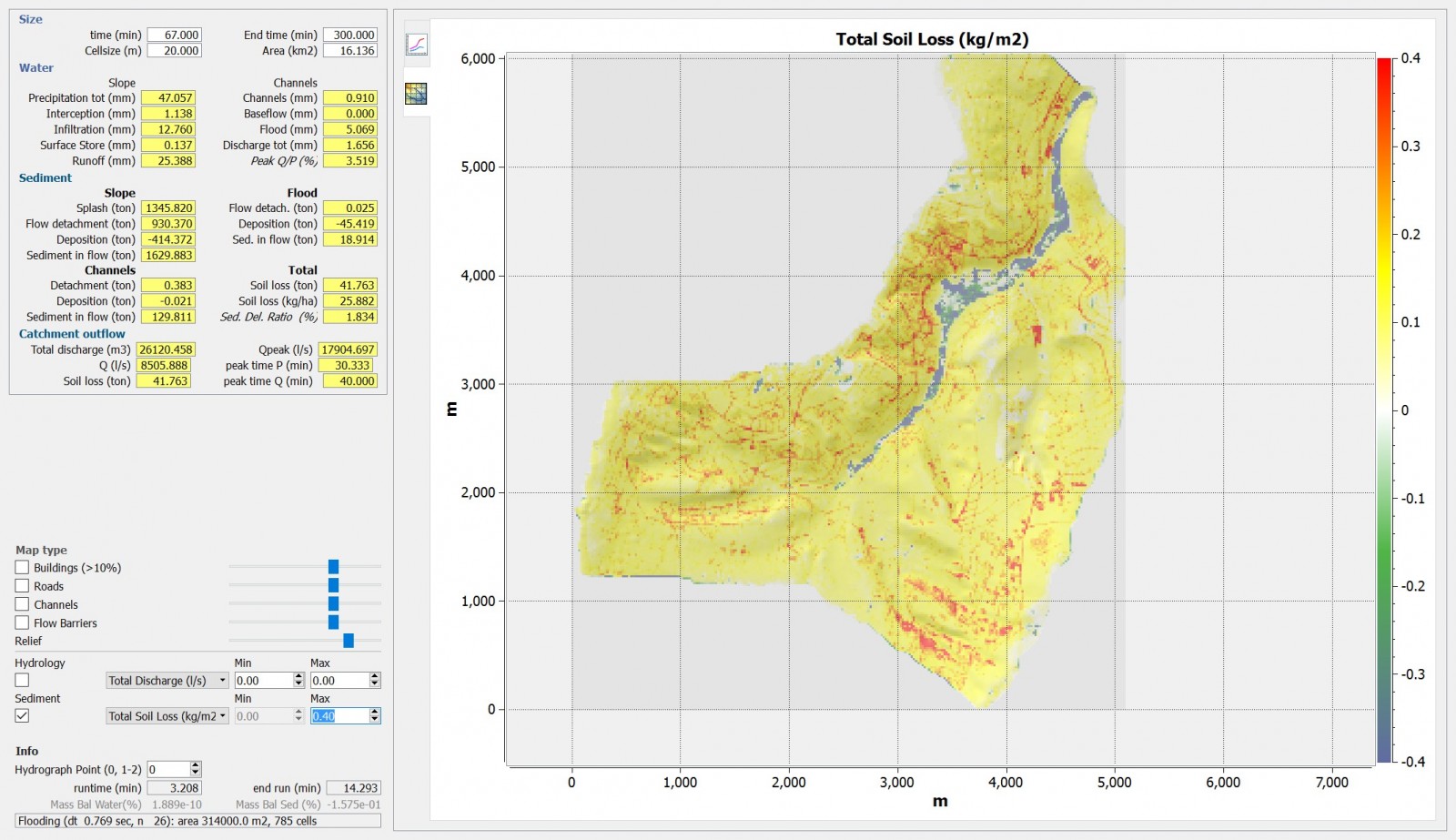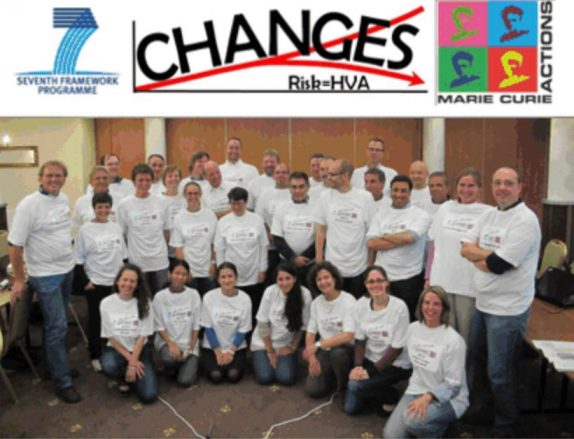Today we will shed some light on permafrost thanks to Dr. Dmitry (Dima) Streletskiy. Dima is an Assistant Professor of Geography and International Affairs at the George Washington University. He leads several research grants focusing on various aspects of climate change and its impacts on natural and human systems in the Arctic. Streletskiy is the President Elect of the United Sates Permafrost Ass ...[Read More]
Steaming badly: what do we know about hazardous and less known hydrothermal eruptions in volcanic environments?
Volcanic eruptions are among the fascinating natural phenomena we can observe on Earth. Along with being very attractive, they are hazardous for both society and infrastructures. Eruptive styles are various and today we focus our attention on one particular type of explosive event: hydrothermal eruptions. We have interviewed Cristian Montanaro on the topic.
Multi-Natural-Hazards: how can we deal with such complex chain of events?
Today we have the honor to have Prof. Victor Jetten as our guest. Throughout his career Victor, has been working in modelling of natural hazard and land degradation processes. Starting with biomass and grazing capacity, the effects of logging on the natural rain forest water balance, he then moved to soil erosion and land degradation processes as a result of land use change and overgrazing. He bel ...[Read More]
International Research Projects: what can we learn from CHANGES?
Today I have the pleasure to post an interview on International Research Projects. The interviewee, Dr. Cees van Westen, does not need any introduction for those who work in the field on Natural Hazards. Today, he will “speak” as the coordinator of the CHANGES project and further information can be asked directly to him if this interview will stimulate your curiosity (e-mail: c.j.vanwe ...[Read More]



